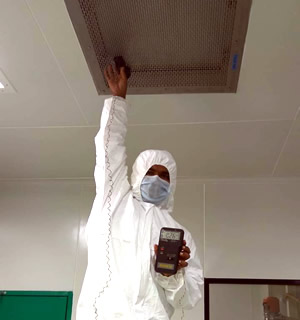
Air Velocity Measurement :
This test is performed to determine the average filter face velocity and uniformity, and/or the average room air flow velocity and uniformity within the clean room.
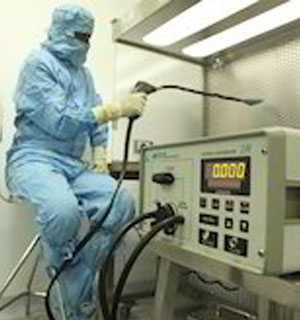
HEPA Filter Integrity Test (USING PAO)
This test is performed to confirm that the final high efficiency air filter system is properly installed by verifying the absence of bypass leakage in the installation, and that the filters are free or defects and bypass leaks in filter medium, frame seal or gasket seal.
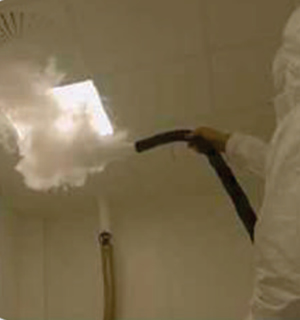
Air Flow and Air Changes Measurement for Class D Area.
This test is performed to determine the supply air flow-rate in a nonunidirectional clean room and the air velocity distribution in a uni-directional clean room. Air flow rate is used to determine the air exchanges rate (Air Changes Per Hour)
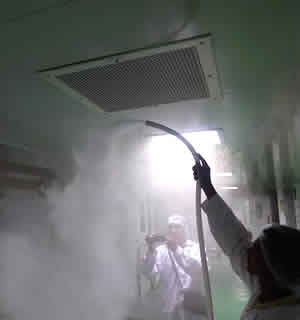
Air flow visualization test
The purpose of this test is to confirm either the air flow direction or air flow pattern or both in regard to the design and performance specifications.

Recovery rate test
This test is performed to determine whether the AHU of a clean room is Capable of returning to a specified cleanliness level within a finite time, After being exposed to a source of airborne particulate challenge to establish how quickly is any contamination would be expelled from the clean room after a biological hazard or AHU shutdown or power failure.
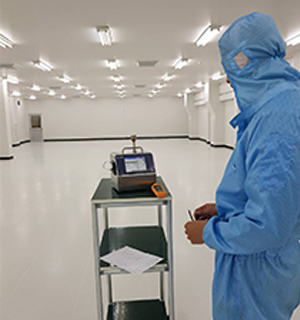
Non-viable Particle count test
This test is performed to determine air cleanliness for classification purposes. We conduct complete airborne particle count classification test to determine the actual cleanliness level within the facility at the time of the test according to the customer need (As-Built, At-Rest, or In-Operation).
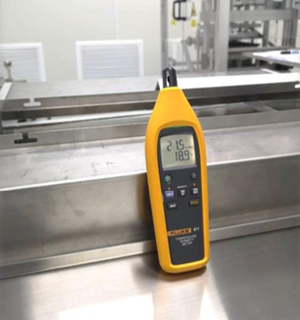
Temperature and Humidity Tests
The purpose of these tests is to demonstrate the capability of the clean room air-handling system to maintain temperature and moisture (expressed as relative humidity) levels within the control limits over the time period specified by the customer for the area being tested.
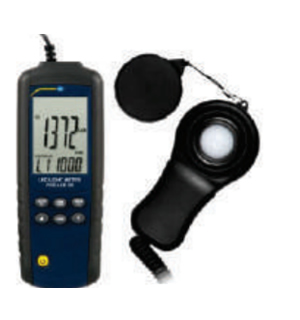
Light intensity test
This test is performed to verify that the installed light levels and uniformity meet the specified requirements.